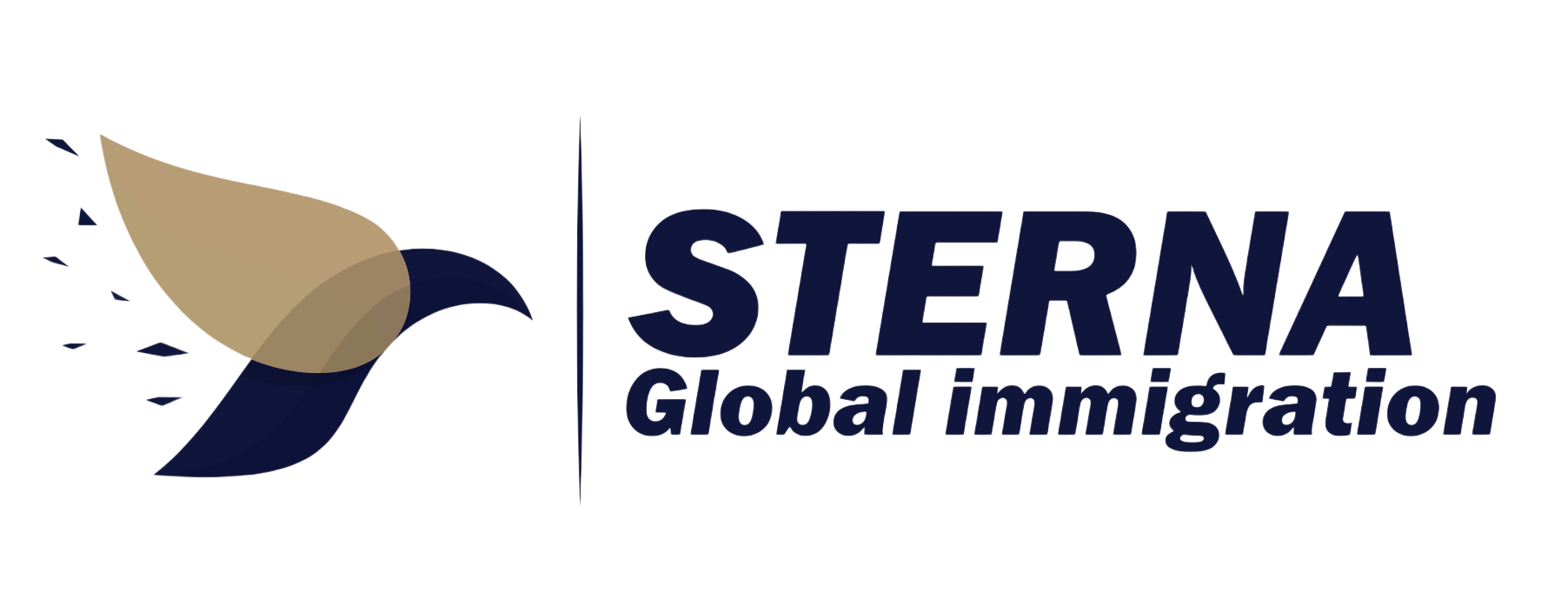Deciding which study program to pursue is one of the most important — and often toughest — decisions for any international student.
Canada offers a wide variety of programs across colleges and universities, and while having so many options is exciting, it can also be overwhelming. Many applicants make the mistake of choosing a program that’s completely unrelated to their background, not aligned with their interests, or selected only to gain permanent residency (PR). These choices often result in study permit refusals.
So here are the 3 must-know tips that you can consider before choosing your study program:
1. Choose a program that aligns with your long-term goals.
Here are some of the questions that you can start thinking about.
Ask yourself:
*What do I want to do after graduation?
*Is this program related to a high-demand occupation in Canada?
*Does the program support my path to permanent residency (PR)?
*Am I passionate about this field, or am I choosing it just for immigration purposes?
Remember your program should reflect a natural progression of your career. It should be a logical step in your professional journey. You must be able to clearly articulate and address a specific knowledge or skill gap that would be essential for your future career growth.
👉Pro tip: If you are thinking about permanent residency. Review Canada’s NOC codes and check your field’s eligibility under programs like Express Entry or Provincial Nominee Programs (PNPs).
2. Compare costs and budget wisely
Studying in Canada is a major investment, so make sure you evaluate your financial situation carefully.
Consider comparing the tuition fee costs, the cost of living, and transportation cost before deciding. This can help you decide and budget wisely.
Ask yourself:
*Can I afford this program?
*Will I sustain this program financially?
*Are there cheaper alternatives?
Remember: 🔎 If the program is cheaper than one offered in your home country, be ready to justify why you still prefer to study in Canada — especially in your Statement of Purpose (SOP) or Letter of Explanation.
3. Research post-graduate work permit options or even co-op.
One of the biggest advantages of studying in Canada is the opportunity to gain Canadian work experience after graduation — but only if your program makes you eligible for a Post-Graduation Work Permit (PGWP). Think ahead — your program should set you up for success both during and after your time as a student in Canada.
Ask yourself:
*What happens after graduation?
*Do I want to stay in Canada after studying?
*What are my immigration goals, and does this study program bring me closer to them?
👉 Pro tip: Look for programs that include co-op or internship components, and check if the school is a Designated Learning Institution (DLI) eligible for PGWP.
Overall, choosing a study program in Canada is not that easy. You must assess your long term goals, immigration goals, and take into account your financial situation. Do your research, assess your options, and don’t rush the process. Your choice now can shape your future in Canada.
Learn more here at EduCanada, the official government of Canada source about studying in Canada.
With love,
Patricia D.




